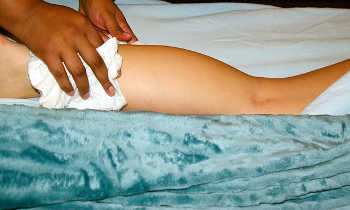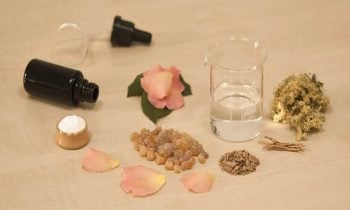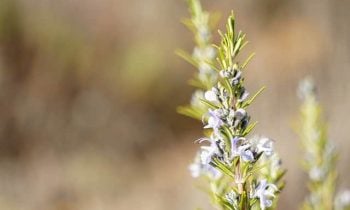No matter who the beginner is, it is easy to get started with aromatherapy. The first basic rule is to follow your nose. The second is to know your goal. In terms of following your nose, go to the local health food store with a notebook and pen.
Try the testers they have there for the essential oils they stock. Smell a few essential oils at a time, and then give yourself a smelling break to take notes on the ones you liked. Then either keep smelling, or head home to do some research.
In reference to knowing your goal, look at the labels on the oils you thought smelled nice or look up the oils online. See what the main uses are of each oil, such as soothing, relaxing, easing aches and pains, and helping with breathing, and so on. Some oils like lavender, lemon, orange and tea tree offer a range of benefits, so they are an excellent choice of starter oil in terms of both scent and use.
In other cases, you might be more interested in filling a home with rich scents. Or you might wish to make your own natural insect repellant to use out on a patio or deck, or a hand sanitizer effective at killing germs but good for even the most sensitive skin. Essential oils can help you create all these kinds of gifts and more.
Once you have decided which oils you like the smell of and what will be effective for the purpose/s you have in mind, choose a couple of oils to start working with. Have trouble deciding? Consider getting a beginner’s kit, which will contain several of the most popular and versatile essential oils. Then start creating your gifts.
With so many people suffering from a range of allergies these days, including environmental allergies, using essential oils can be an ideal way to cut down on the chemicals a person is exposed to each day. Experts estimate that the average woman is exposed to 60 to 100 chemicals per day in relation to all of her personal care and cleaning products. For men and children, it is around 40. Just think how low you could get those numbers, or help your gift recipients to, by making your own natural aromatherapy-related products.
You can create and use yourself, or gift, a wide range of items, such as soap, shampoo and household cleaning products with just a few ingredients. These make ideal gifts for anyone with sensitive skin. There will no longer be any need to try to understand the labels on the products in the store and what they could be hiding, such as chemicals known to cause skin irritation, and in the worst cases even cancer. There will no longer be any need to lug heavy items from the drugstore that have water and chemicals as their main ingredients.
If you are interested in protecting the environment, then using and gifting aromatherapy items is ideal. There is no need for testing on animals such as many of the large brands do, including Avon and Mary Kay. There is also no need to worry about where all the harmful chemicals go when you rinse off and the product disappears down the drain.
Good quality essential oils are 100% organic and not extracted by chemicals but through steam and then distillation, enhancing the power of the oils into one concentrated form. Some essential oils are also termed food-grade, that is, suitable for cooking. For the best quality oils for food recipes, look for Kosher on the label. Also look for oils from the US, Canada, and the European Union; they are produced to the highest standards compared with cheap oils from other countries such as China.
Similarly, when shopping for any gifts you may decide to purchase rather than create yourself, avoid cheap candles, toiletries and so on from places like Wal-Mart. They might say aromatherapy but are really just fragranced. Look for candles made from beeswax or soy. They burn more cleanly and have fewer chemicals in them. Soy candles also last much longer, such as more than 50 hours for one 5-inch candle in a holder.


 Gift Giving Guidelines
Gift Giving Guidelines 6 of the Most Popular Essential Oils and What They Can Do for Your Health
6 of the Most Popular Essential Oils and What They Can Do for Your Health 7 Essential Oils for Energy
7 Essential Oils for Energy